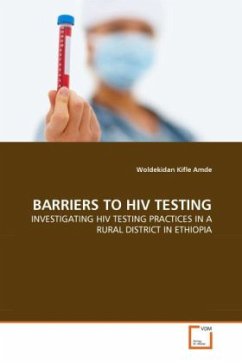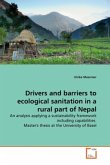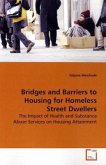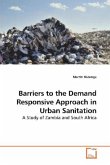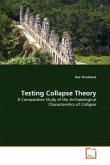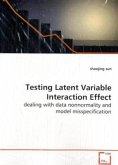Ethiopia has one of the highest number of HIV/AIDS infections in the world. The prevalence of Voluntary HIV Counseling and Testing (VCT) in the country still remains very low despite its wide acceptance as a crucial entry point for prevention, treatment, and care and support of HIV-infected persons. Most studies on VCT usage in the country are predominantly based on data from antenatal clinics in urban areas. There is, thus, a significant information gap about uptake in VCT outside the clinic context or in rural areas. The study hopes to further existing knowledge by focusing on uptake in VCT in a rural district in Ethiopia. The paper examines the relationship between status of VCT usage, and factors like fear of stigma, social capital, socio-economic and demographic characteristics, knowledge of HIV/AIDS, risk perception, and perceived benefit of VCT. The analysis of the association between HIV testing practice and the aforementioned factors is hoped to deepen insight about barriers to VCT, and subsequently inform interventions to increase uptake in HIV testing in a rural context.
Bitte wählen Sie Ihr Anliegen aus.
Rechnungen
Retourenschein anfordern
Bestellstatus
Storno

